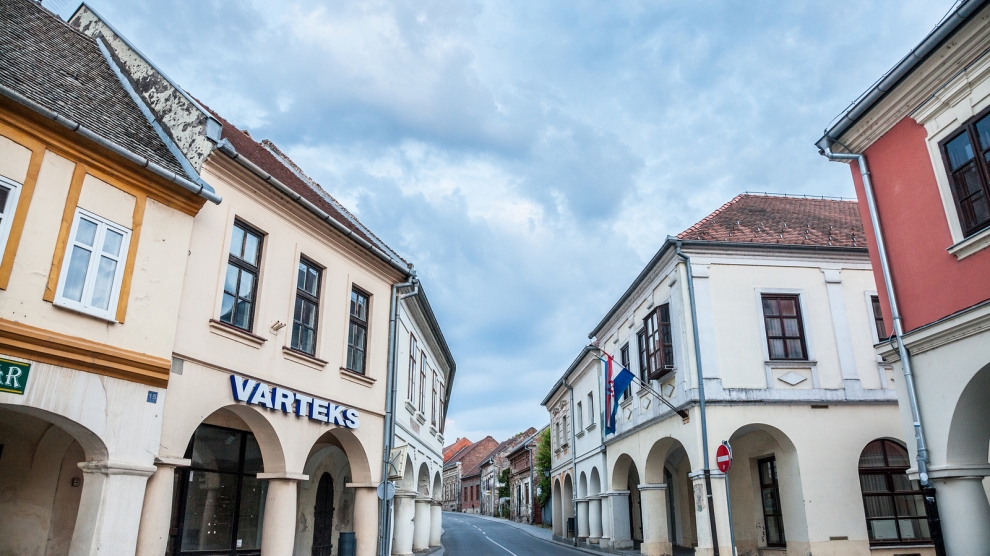The World Bank has agreed to support the Croatian government in increasing the efficiency and effectiveness of EU funding for Eastern Croatia, with the aim of catalysing new private sector investments, increasing employment and improving living conditions.
The region of Slavonia, Baranja and Srijem hosts almost one-third of Croatia’s unemployed population. Twenty per cent of the population is at the risk of poverty, and the region’s population declined from 838,00 in 2005 to 777,000 in 2015. To help this less well-off region catch up and to help it unlock its growth potential, the government recently launched what it calls Project Slavonia, Baranja and Srijem.
In offering technical assistance for a three-year period the World Bank will seek to improve the quality of the Project Slavonia pipeline, provide diagnostic work on opportunities for foreign direct investments, exports and jobs and support the government to design a strategy and an integrated programme of projects and reforms for the forthcoming 2021-2027 period of EU funds.
Many EU countries are facing similar problems in lagging regions, and the World Bank is already supporting these efforts in Poland, Romania, Slovakia and Bulgaria. In several countries, lagging regions have managed to boost the economy and improve living conditions. Slavonia, Baranja and Srijem can, with strategic use of European Structural and Investment Funds (ESIF) and national funds, achieve good economic outcomes too.
“With this agreement we will contribute to the development of Slavonia, Baranja and Srijem through targeted use of the state budget and EU funds with the aim of strengthening and improving the competitiveness of this region in the global value chains of key industries such as ICT, food production and processing, wood processing and tourism,” said Gabrijela Žalac, Croatia’s minister of regional development and European Union funds.
“Slavonia has real economic potential, but in recent years has been losing some of its best and brightest residents,” added World Bank Country Manager for Croatia and Slovenia Elisabetta Capannelli. “Our team will work closely with the ministry to make maximum use of the EU funds to support productive activities in Slavonia. This requires collaboration across several national ministries, regional counterparts, the private sector, and civil society. Around the world, we have seen that the cities and regions that succeed are those that build coalitions for growth, and use resources strategically to support the most likely opportunities.”
The World Bank’s support builds on a positive legacy from earlier projects in the same region since 1998, including projects to rebuild transport and water infrastructure, projects to clear land mines, projects to support social and economic recovery, and assistance for higher education reform. Currently, the World Bank is financing projects that provide funding to promising research and development oriented firms and innovative startups, and has been working with the ministry of economy, entrepreneurship and crafts to support the increased competitiveness of Croatian firms in global value chains—including for firms in Slavonia.

